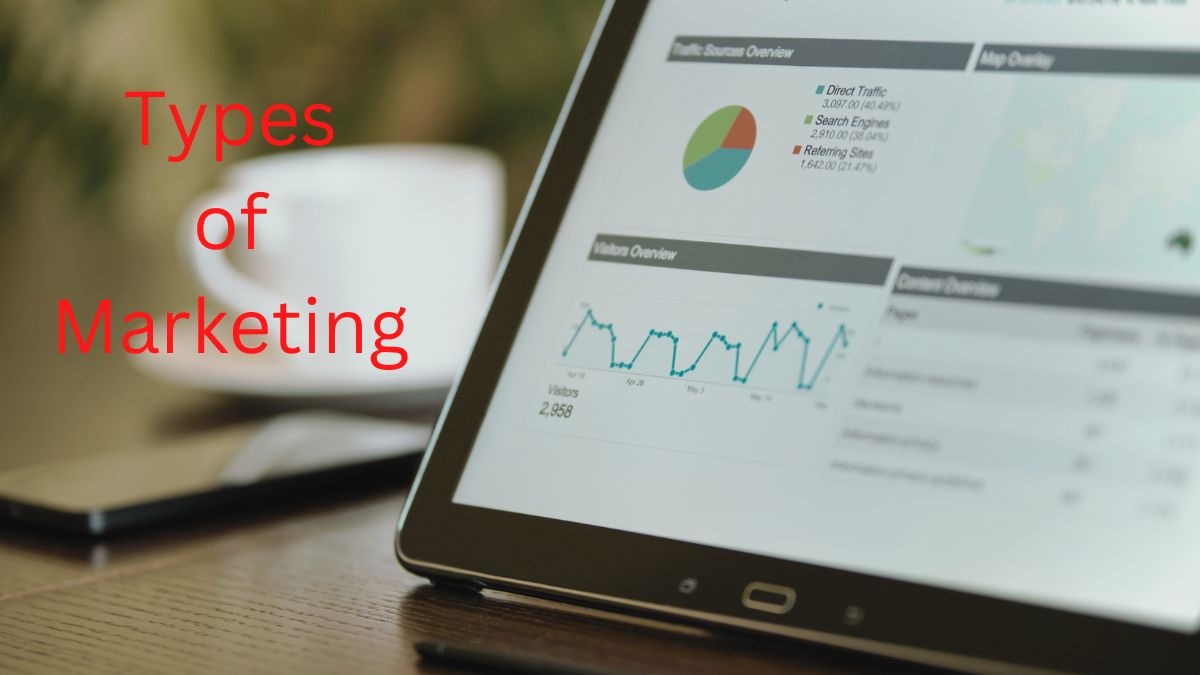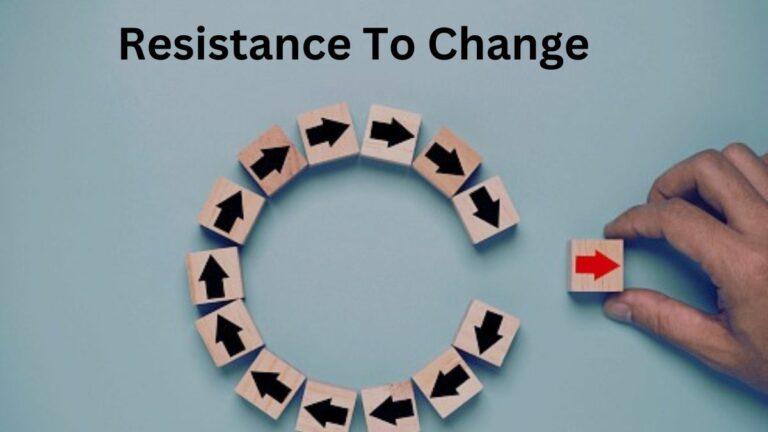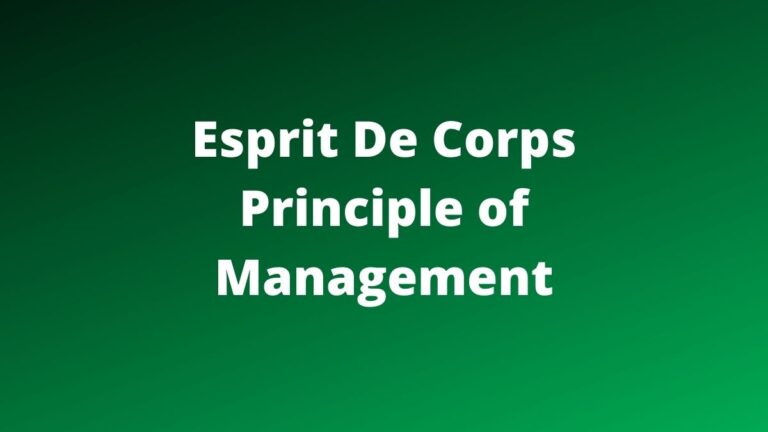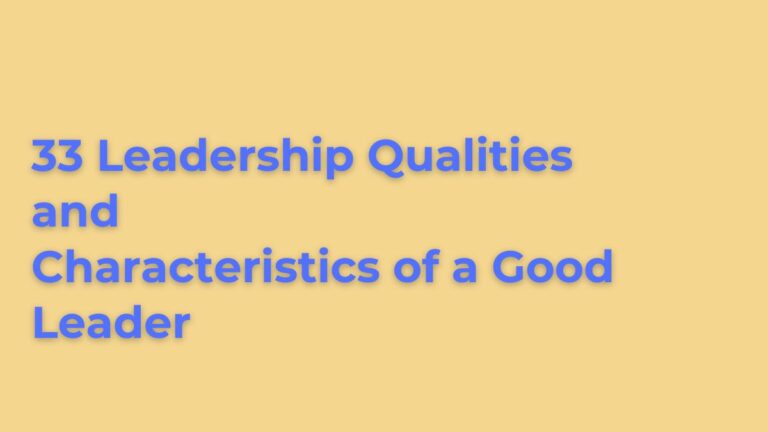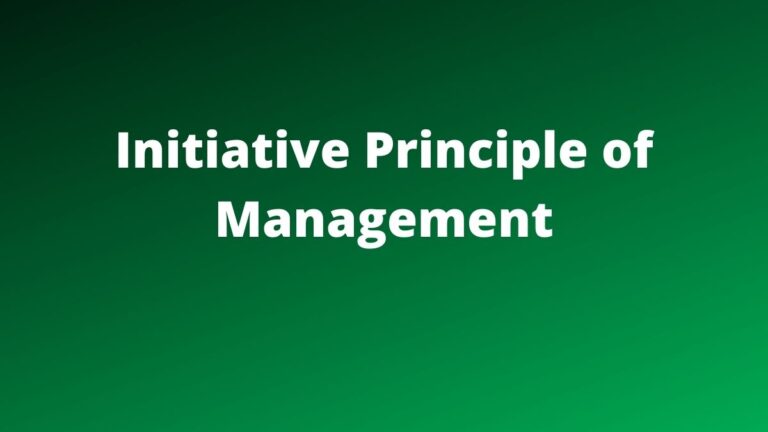Types of Marketing: A List of 63 Marketing Types For Your Business To Invest
Since human civilization began different types of marketing have started to form. Marketing has now reached the digital form which was first started with its traditional or offline form.
Since digital marketing was born in the 1990s, it has led to the development of various other forms of marketing. Now marketers can invest in many more marketing forms as they see fit.
Types of Marketing
Here I have briefly mentioned 63 types of marketing you can invest in to reach your customers and increase your company’s sales.
Offline Marketing
Offline marketing is any marketing activity done without the use of the Internet. Offline marketing is also called traditional marketing—examples are pamphlets, phone calls, print advertisements, face-to-face meetings, etc.
This marketing prevailed before the development of the Internet. However, it is still useful in handling big deals with one-on-one meetings but its information delivery is not as fast as online marketing.
Barter System
The barter system is called the earliest form/type of marketing which includes the exchange of goods for goods and service for service. It is useful when two parties agree to exchange products for their benefits without the use of money terms. In rural areas barter system is still prevailing.
Online Marketing (Digital Marketing)
Online marketing is the opposite of offline marketing – this marketing uses different digital channels to reach customers and influence them. It includes all the tools that are available on the internet.
Examples include using online advertising, social media marketing, email marketing, websites, and so forth to connect with customers.
Production Marketing
Production marketing refers to the belief that assumes the more the products the more the customers will be. It is focused on mass production, mass distribution, and earning profits from mass sales volume. Its goal is to achieve production efficiency and make it widely available the products at low costs.
Product Marketing
Product marketing refers to the promotion of physical products which are produced through some processes. The physical products may include food, bike, car, house, and so forth that can be touched.
Service Marketing
Service marketing means the marketing of intangible products that also have the capacity to satisfy customers’ needs and wants as tangible products have. The service may include customer service, insurance, banking, etc.
Societal Marketing (Socially Responsible Marketing)
Societal marketing also called socially responsible marketing means the marketing of products or services in a way that does not harm society’s welfare but instead improves society’s well-being. The main focus of this marketing is to protect society’s well-being while designing marketing strategies, producing products, and serving customers.
Holistic Marketing
Holistic marketing is the modern thought in the types of marketing. It describes an organization as a system with interrelated components and assumes the whole is greater than the sum of its parts.
Holistic marketing states achieving marketing goals relies on the activities of each component of the organization and they should have a shared purpose to head toward common goals.
Integrated Marketing
Integrated marketing is an effective means to deliver a unified message to the audience. It is a process of aligning all communication channels and delivering a unified message to all prospective customers. It provides consistency wherever customers choose to interact with a company.
Relationship Marketing
Relationship marketing refers to building, enhancing, and maintaining long-term relationships with customers, employees, and other stakeholders of the company. These companies aim to maintain a longer bond with their different stakeholder who has a stake in the company.
Advertising
Advertising is the paid form of promoting products and services with an identified sponsor. That can be offline as well as online. Ads on different social media – YouTube, Facebook, Instagram, and search engines, and ads in newspapers are some examples.
Sales Promotion
Sales promotion is a short-term marketing campaign with the aim of immediately influencing prospects’ interest in products. Limited offers, buy two one free, free sampling, etc. are some examples of sales promotions.
Catalog Marketing
Catalog marketing is a sales technique to keep products in an attractive way in an online store or in a printed piece. The effective design of product catalogs helps customers to easily search which types of products in which catalog and so forth.
Seasonal Marketing
Seasonal marketing, as its name suggests, is the marketing of products based on different seasons, holidays, and occasions. Such as marketing thick clothes in winter, thin clothes in summer, Christmas clothes in times of Christmas, etc.
Outreach Marketing
Outreach marketing refers reaching to people, influencers, agencies, or brands who have a strong connection with your target customers. For effective outreach, it is essential to study and analyze their market reach to your target customers.
Buzz Marketing
The word buzz is a trigger that influences people to talk about the product, brand, or campaign. Buzz marketing is a technique of viral marketing to increase word-of-mouth marketing through influential, creative, and unique marketing campaigns. Viral marketing and word-of-mouth marketing are supersets of buzz marketing.
Viral Marketing
Viral marketing refers to a strategy of marketing products or services that quickly influence people to share the product’s information from person to person using different social media. In such marketing, the company makes the product or marketing campaign, and the rest spreading activity is done by people themselves.
Word-of-Mouth Marketing
Word-of-mouth (WOM) marketing refers to when your audience voluntarily spreads your brand message their ones using personal visits or online means. Word-of-mouth marketing refers to both these naturally occurring situations where a customer recommends a product to others or in online forums as well as targeted initiatives by businesses to encourage favorable online discussions about their products by satisfied customers.
Internal Marketing
The practice of promoting a company’s goals, culture, brands, goods, and services to its own personnel is known as internal marketing. Its objectives are to maintain employee engagement, disseminate information about the organization’s initiatives, and aid in ensuring that employees have a favorable perception of the organizational culture and brand.
Partnership Marketing
Partnership marketing refers to when two or more companies collaborate to promote their products. In such marketing, both companies are responsible for designing marketing campaigns that will benefit both of them.
Target Marketing
Target marketing refers to designing and launching promotional campaigns to only target markets (customers). All marketing efforts are directed to attract the target customer segment and influence them to make purchases.
Green Marketing
Green marketing also called environmental marketing is the promotion of products and services that are environmentally friendly. Its aim is to ensure manufacturing products and designing strategies have no negative impact on the greenery of the planet.
Pyramid Marketing
Pyramid marketing also called multi-level marketing adopted by companies where they promise you big profits and ask you to add more participants. And, you further ask your participants to add more participants. Today, this marketing type is considered a fraudulent technique.
Rural Marketing
Rural marketing refers to promotional activities that are undertaken to enhance the living standards of rural people. It includes both promoting urban areas products to rural areas and rural areas products in urban areas.
Mass Marketing
Mass marketing also commonly known as undifferentiated marketing uses one marketing strategy for all customers. It is useful when larger customers have the same needs, tastes, and preferences.
Segment Marketing
Segment marketing also called differentiated marketing is a process of dividing a whole market into its various segments and targeting the specific market segment which may be customers’ needs, preferences, tastes, status, purchasing power, etc.
Niche Marketing
Niche marketing is a highly specialized marketing strategy that only focuses on a specific segment of the market. For example, if a company focuses on consumers’ quality preferences it totally ignores other features and aims to deliver the expected quality to the specific segment.
Local Marketing
Local marketing is the promotion of products in the nearby areas where the products are produced. In this marketing, the marketer aims to target his local people. In such marketing, the area of the market is also small.
Individual Marketing
Individual marketing is also called one-to-one marketing where a marketer only focuses on fulfilling the expectation of only one customer. The marketer is highly focused on understanding the customer’s needs and expectations and satisfying them to the fullest level.
B2C Marketing
B2C, aka business-to-consumer marketing when a business aims to promote its products to customers. In fact, most companies marketing activities include this B2C marketing.
B2B Marketing
B2B, i.e. business to business marketing is when a business promotes its products to another business. B2B marketing is done for mainly two purposes – one is for consumption purposes and another is for reproduction purposes.
C2B Marketing
Consumer-to-business marketing refers to when consumers promote their products to business organizations. It is when consumers sell and deliver products to business firms.
C2C Marketing
Consumer-to-consumer marketing is when one customer promotes and sells his products to other customers. Such marketing activity can be done without the involvement of any business firm.
Inbound Marketing
Inbound marketing is a marketing strategy that attempts to attract customers to the business without forcing or influencing them. Its main goal is to build quality content so that when doing research customers find the content and like it.
Outbound Marketing
Outbound marketing is the opposite of inbound marketing which refers to reaching out to customers or influencing customers’ interest in the company’s offerings.
Direct Marketing
Direct marketing is a form of promotional strategy in which marketers directly communicate information about a product, service, or company.
Public Relations Marketing
In short PR Marketing refers to an attempt to make a good relationship with customers, the community, and the whole public. Most companies keep a public relations manager to maintain a good public image.
Stealth Marketing
Stealth marketing is one of the unique types of marketing. It includes promoting the products in ways customers even do not realize they are being marketed and persuaded to buy the product.
Brand Marketing
Brand marketing is when a company delivers brand messages in a way that maintains a strong connection between the consumers and the brand. The main goal of brand marketing is to increase the positive sentiment of the brand and ensure people will remember it.
Cause Marketing
Cause marketing is when companies tie themselves to some social issues while promoting their products. By doing so they seek to solve social issues and sell their products.
Content Marketing
Content marketing is a strategic focus on creating, publishing, and distributing valuable content to attract and retain prospective customers. It is one of the effective ways to do inbound marketing.
Search Engine Optimization (SEO)
SEO is a digital marketing strategy that improves the visibility of sites in search engines when people search on relevant topics. SEO is an essential tool to rank the content of a website and the videos on YouTube.
Search Engine Marketing
Search engine marketing – SEM is a marketing strategy to add your business to SERPs i.e. search engine results pages. SEM includes mainly two SEO and pay-per-clicks. SEO is generally referred to as organically increasing the visibility of the business whereas pay-per-click is a paid form of increasing business visibility in SERPs.
Affiliate Marketing
Affiliate marketing is when you promote other companies’ products or services and when people buy from your referred link you get compensated a certain commission.
Referral Marketing
Affiliate marketing and referral marketing are sometimes understood the same. But in referral marketing, it is not necessary for some to buy from your link. It simply can be promoting a mobile application and when someone installs the application from your link you will get a certain bonus point.
Social Media Marketing
Nowadays when we open social media say Facebook we see different advertisements some are attractive and others are not this is the strategy of social media marketing. It is the use of different social media platforms to reach customers, get their attention, and drive traffic to the target site.
Mobile Marketing
Mobile marketing is a digital marketing strategy whose aim is to reach the audience and attract them through smartphones, tablets, and other mobile devices.
Video Marketing
Video marketing refers to creating engaging videos to promote the products of the company using different digital channels like digital and social channels.
Voice Marketing
Like video marketing, voice marketing is using smart speakers to promote companies’ products to attract audience attention and increase engagement. For this, also different social and digital channels can be used and smart speakers are necessary who can satisfy the queries of the audience.
Influencer Marketing
An influence is a person who has built a reputation of knowledge and expertise in social media. When you use such an influential person to attract your target audience is called influencer marketing. Selecting the right influencer is necessary to attract the right potential customers.
Multi-Cultural Marketing
As the name suggests, multicultural marketing refers to targeting people of multiple cultures, traditions, and ethnicities. This type of marketing uses marketing campaigns that align with people’s norms, values, culture, and traditions.
Acquisition Marketing
Acquisition marketing is the process of marketing products and attracting new audiences. It is one of the different types of marketing than others. It mainly focuses on customers who are already aware of the brand and aims to convert them into qualified leads.
Personalized Marketing
In youtube, when you regularly view the same video and when you open youtube you will see that video on the top of the screen. It is because YouTube has personalized your interest.
Personalized marketing is when companies promote their products based on individual audience interests and activities on the platform. Companies use this strategy by using their customers ‘ data on their past activities.
Guerilla Marketing
Guerilla marketing is one the strange types of marketing that uses unconventional methods to attract customers’ attention and build publicity. For successful guerilla marketing, its design is required to be bold, unique, uncommon, and provoking.
Account Based Marketing
Account-based marketing (ABM) is a strategy that focuses on a selected group of accounts that have a significantly higher potential to bring profits to the firm. In ABM, companies are dedicated to only one customer and design and launch different sorts of marketing campaigns to serve the particular customer. Sometimes, even a company’s whole marketing effort is directed to an associated account.
Event Marketing
Event Marketing refers to promoting products through different events like conferences, trade shows, seminars, sports events, etc. In a simple sense, event marketing means attending different events in order to promote companies’ offerings.
Proximity Marketing
Proximity marketing is s strategy that lets marketers promote their products to audiences based on their current locations. Different wireless devices are used to apply proximity marketing. For example, when you walk by a restaurant and you receive a notification for a special discount only for you from that restaurant.
Experiential Marketing
Experiential marketing is the process of inviting audiences to companies’ programs and giving them a chance to experience the company’s products in order to forge a strong bond between them. It aims to take further the event marketing and ensure customers have something good to tell when the program is over.
Interactive Marketing
Interactive marketing is the customer’s behavior-based marketing strategy which presents the products the customers were searching for. Also called trigger-based marketing which involves acting in direct response to a consumer’s actions, behavior, preferences, and expectations.
Growth Marketing
Growth marketing is a strategy that also can combine different marketing strategies to ensure the growth rate of the company in terms of customer volume, sales volume, and profits. It is directed to bring increment in companies’ marketing performance. Growth marketing anticipates change and plans your strategies to make constant improvements.
Global Marketing
It is the marketing strategy that targets both national and international audiences through the same marketing campaigns. Since globalization has reached, global marketing strategies are useful to reach global customers.
Aggressive Marketing
It is one of the types of marketing that uses aggressive tactics to influence customers’ attention. Aggressive marketing uses provocative tactics to influence customer response toward the brand. Its goal is to anyhow attract customers’ attention and increase sales.
Nostalgia Marketing
I think nostalgia is one of the most effective types of marketing in the 21st century. It is a fact that when we grow up the harsh reality of this world forces us to recall our happy childhood memories.
Nostalgia marketing means using nostalgic events (or past good memories) to promote products and attract people’s attention.
Types of Marketing: Conclusion
These are some types of marketing, however, I must say these are not all With the passage of time and the developing digital world, and the creativity of marketers there can be many more marketing types.
All these marketing types have their own means, focus, and ends. You can combine any of these marketing to build your marketing strategy. All these marketing types have their badness and goodness but all are useful as long as you can generate from them positive results.
Sajan Kushmi is a content writer with more than 4 years of experience. He holds BIM Degree. He write on the topics related to Management, Marketing, and Entrepreneurship.
